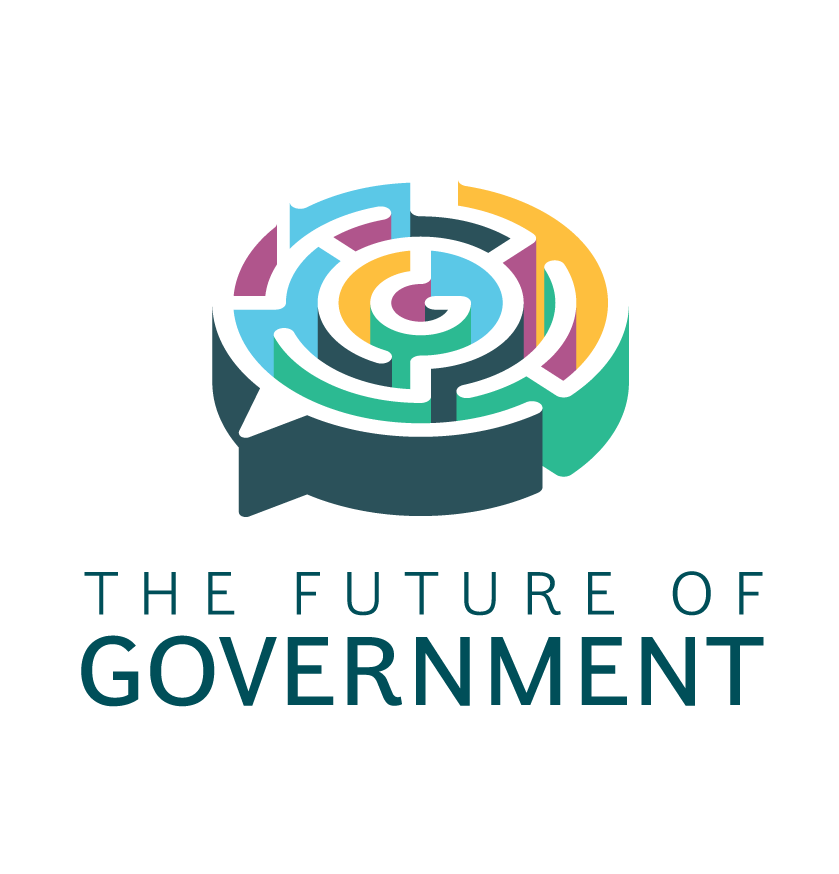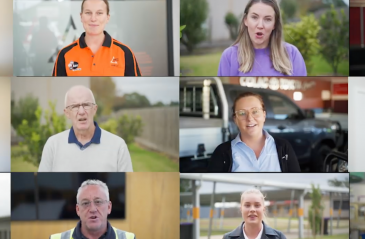
Legitimacy & COVID-19: Why rebuilding trust in government is imperative to responding to and recovering from the pandemic


2020 highlighted that we are all interconnected. @JaneAslanidis makes recommendations as we continue to face COVID-19 and the climate crisis
Share articleWhat can govs do as they look to the year ahead? @JaneAslanidis highlights the importance of design, inclusion & innovation
Share article.@CPI_foundation believe this unprecedented situation offers govs chance to think about a new vision for the future
Share articleWe put our vision for government into practice through learning partner projects that align with our values and help reimagine government so that it works for everyone.
2020 is a year that we will always remember. Across our planet, the reality that we are all deeply interconnected has never been more evident. What we do in 2021 will be even more important to determining the arc of this global crisis. However, just when we need collective action more than ever, support for the international system has been deteriorating as countries look inwards. An unequal distribution of vaccines in vaccine nationalism paired with closing cooperation, borders, supply chains and people-to-people links to the rest of the world is already shaping the new year.
In many countries, public trust in traditional institutions is in decline and relations between countries are under strain. The 2021 Edelman Trust Barometer revealed that as a whole, confidence in the institution of government fell from an all-time high of 65% last May to 53% by year-end.
What we do in 2021 will be even more important to determining the arc of this global crisis.
In all countries, consequences of our failure to get to grips with the climate crisis are everywhere: record heat waves, devastating bushfires and wildfires, floods and droughts. The five-year period since the signing of the Paris Agreement is the hottest on human record. A majority of the public globally (68%) agree that if their governments do not act now to combat climate change, they will be failing their citizens. Returning to “business as usual” would result in rising emissions and this would lock-in overheating above 1.5°C.
So, what can governments in developed countries do as they look to the year ahead?
This unprecedented situation offers governments the chance to think about a new vision for the future; promote local engagement, create jobs and lay the foundations for economic growth, together with social, cultural and political stability.
The OECD has offered to ‘Build Back Better’; developed countries need to design COVID-19 recovery policy that focuses on wellbeing and inclusiveness alongside long-term emission reduction goals, factoring in resilience to climate impacts, slowing biodiversity loss and increasing circularity of supply chains. The European Commission’s European Green Deal steps up governments’ action and ambition – both locally and globally. For example, the proposed refresh of the Common Agricultural Policy to protect livelihoods and food security while protecting nature and climate.
Fundamentally intertwining economic policy and climate policy will not only strengthen government’s adaptability and resilience to the impacts of climate change, it will also demonstrate leadership and listening to their citizen’s needs: reaching zero emissions sooner, being open and transparent with how metrics could be achieved and a commitment to report progress and rigorously evaluate and iterate where required.

It takes an appreciation for the complexity of systems and a humility for working within them to recognise that when you think about competition, you have to change your perspective. Transforming our existing ways of thinking, doing and seeing is not easy.
If we’ve learnt anything in what has been an uncertain and frankly devastating year for our planet, it’s that we’re competing in the same race. It’s not going to be fixed by one isolated action.
In considering the diverse perspectives of communities most affected by the virus on a local level, the city of Paris strongly advocates for residents and communicates clearly with them, listening carefully to the needs of marginalised communities. Clear communication and inclusion of low-income communities and non-French speaking audiences, including immigrants, was particularly apparent in recent hyper-local public health campaigns.
France’s Citizen Convention on Climate is another inspiring example that governments can look at replicating within their own systems. The Citizen Convention on Climate is an unprecedented democratic experiment in France, aiming to give unelected citizens a voice to accelerate the fight against climate change. Its mandate is to define a series of measures that will allow it to achieve a reduction of at least 40% in greenhouse gas emissions by 2030.
It takes an appreciation for the complexity of systems and a humility for working within them to recognise that when you think about competition, you have to change your perspective.
Embracing innovation is an important, if not the central, part of governments’ responses to the virus. Particularly in government services, health care and public health, there exists an important set of systems that society depends upon that are in difficulty or overloading. Systems are stressed and stretched to the limit.
Before the current crisis, many government departments strongly guarded their data and information, and could only be overcome through centrally-driven demands. The urgency and importance of many government’s responses to this has been by cutting through red tape and breaking down previously impenetrable barriers in sharing information across government, and from all levels.
Estonia’s advanced digital society, and its capital Tallinn – a global leader in its pursuit of innovation and service to its citizens – is a strong example. Tallinn’s dashboard is one of the leading future tools for continuous data management both for citizens and officials. The dashboard provides urgent access to official local government news and COVID-19 updates. Recently, Estonia shared all of its digital education tools to support other countries’ education systems during the COVID-19 crisis.
The virus is far from over. The reality is that we are all now living in a different world, and old ways of delivering government services may be left in the past. It is clear that the need for innovation culture will be paramount in the decade ahead.
This unprecedented situation offers governments the chance to think about a new vision for the future – for their own citizens and in collaboration with countries in multilateral forums. Promoting local engagement and job creation while laying the foundations for global economic recovery, together with widespread social, cultural and political stability.

We’ve been speaking to the citizens, governments, public servants, and other changemakers who are reimagining government and making this new future a reality.






